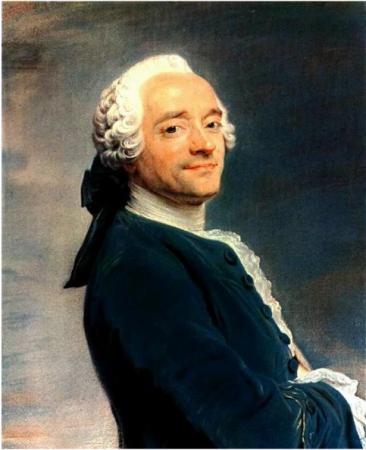He: ...
She: Well, I would argue there is no such thing as a feminist physics.
He: ...
That's all I caught. They were moving quite fast. Maybe they were particle physicists. Anyway, when I got to the library and was browsing the catalog and couldn't think of anything to read (since everything bored me), I remembered the library had gotten Michele Le Doeuff's The Sex of Knowing and I had never gotten around to checking it out. And partly the recollection was prompted by Isabella's Notebook Project, because the notebook covers the early nineties and this is when we were reading Hipparchia's Choice: An Essay Concerning Women, Philosophy, etc. There is a page of the notebook where Isabella records visiting the library at the Pompidou Centre in Paris and discovering that Hipparchia's Choice, a book of philosophy, had been cataloged as sociology!
The Sex of Knowing is about women and knowledge, and comes down on the side of "She" above, and against what she calls the "feminists of difference".
We are assured that "women's way of knowing" requires an affectionate, attentive rapport with the object of knowledge or an involvement typical of the closest emotional relationships, a kind of empathy whose effect would be either to classify Marie and Irene Curie as honorary great men or to erase them entirely from the discussion.and
My learned women friends are often irritated to the point of anger, as if this form of feminism undermined their morale at least as much as -- if not more than -- the ambient misogyny in which they workand
To put it as bluntly as possible: I differentiate between sciences said to have been founded by men alone, and sciences managed by men who refuse entry to anyone but men.But that's by no means the principal target.
De Maistre did not invent the telescope himself, nor did he write the Illiad; but, when he affirms that the "masterpiece" is always a masculine product, he can imagine for an instant that algebra is almost his own creation.And here's something I've been thinking about:
Utopia is not a crazy dream. It is a laboratory where, in the space of a page where a discourse displays its premises, ideas are reflected and test their coherence. Many ideas that were thus elaborated have passed into the realm of facts.And I don't know where to stop. I'll stop here.
